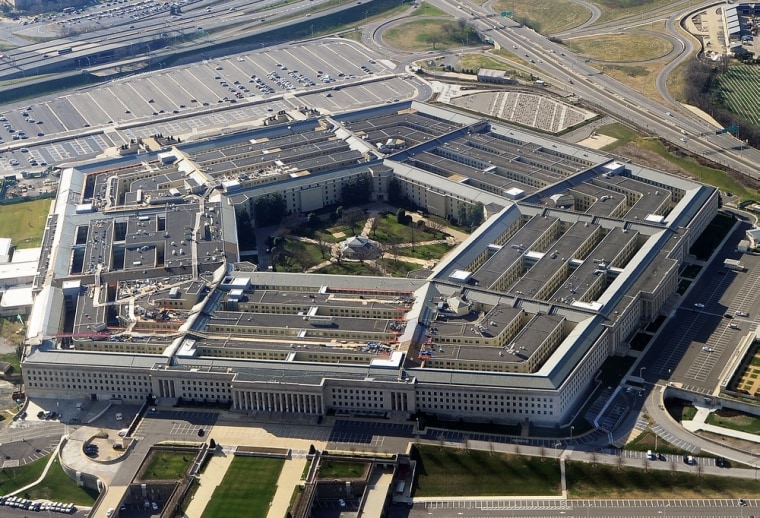About a year ago, many of the Trump administration's top officials on national security -- including then-Defense Secretary James Mattis, then-CIA Director Mike Pompeo, and White House National Security Advisor John Bolton -- all declared with confidence that the United States was committed to a long-term military commitment in Syria. Their boss disagreed.
Regular readers may recall that Donald Trump, despite vowing to never publicly disclose his future military plans, publicly declared last spring, "We'll be coming out of Syria, like, very soon.... Very soon -- very soon we're coming out."
In December, the president made it official, announcing a new withdrawal policy -- which "blindsided Congress and most senior officials at the Pentagon and State Department." By one account, even Gen. Joseph Dunford, the chairman of the Joint Chiefs of Staff, "was in the dark" until after Trump had made his decision.
Evidently, as Reuters reported this morning, CENTCOM was surprised, too.
The U.S. military commander overseeing American troops in the Middle East told a Senate hearing on Tuesday that he was not consulted ahead of President Donald Trump's surprise decision in December to pull U.S. troops out of Syria."I was not consulted," said U.S. General Joseph Votel, head of the U.S. military's Central Command, while acknowledging Trump had publicly expressed a desire to leave Syria at some point.The disclosure came as Votel warned about an enduring threat from the Islamic State in Syria and Iraq that will persist following a U.S. withdrawal.
In the video of the exchange, it was Sen. Angus King (I-Maine) who asked the general about his role in the policy. Votel said he was aware of the rhetoric the president had used in the past, but the general added that Trump did not consult with him before making the decision and announcing it to the world.
And given the fact that Votel commands American troops in the Middle East, this seems like the kind of decision Trump might have wanted to run by the general in advance.
With whom did the president consult? We know that he spoke to Turkish President Recep Tayyip Erdogan about Syria a few months ago, and during their chat, Erdogan extended a curious offer: if the United States withdrew from Syria, Turkey would gladly target and eliminate the remaining ISIS forces.
For reasons that few have been able to explain, the American president endorsed the plan, and less than a week after the phone call with his counterpart in Ankara, Trump announced the withdrawal of U.S. forces from Syria -- a policy he settled on after talking to the president of Turkey, but not the commander overseeing American troops in the Middle East. (Trump's policy has meandered in different directions since.)
Whether one thinks withdrawal is a wise move or not, what I still find striking is the president's policymaking process. It seems fair to say everyone can agree that a coherent foreign policy is rooted in a mature, deliberate decision-making process, where consequences are weighed carefully.
In this instance, none of that happened. There was no interagency process. There was no consultation with Congress or key U.S. military leaders. Instead, there was a reckless amateur president, acting on impulse, impetuously typing out a vague directive via Twitter.
